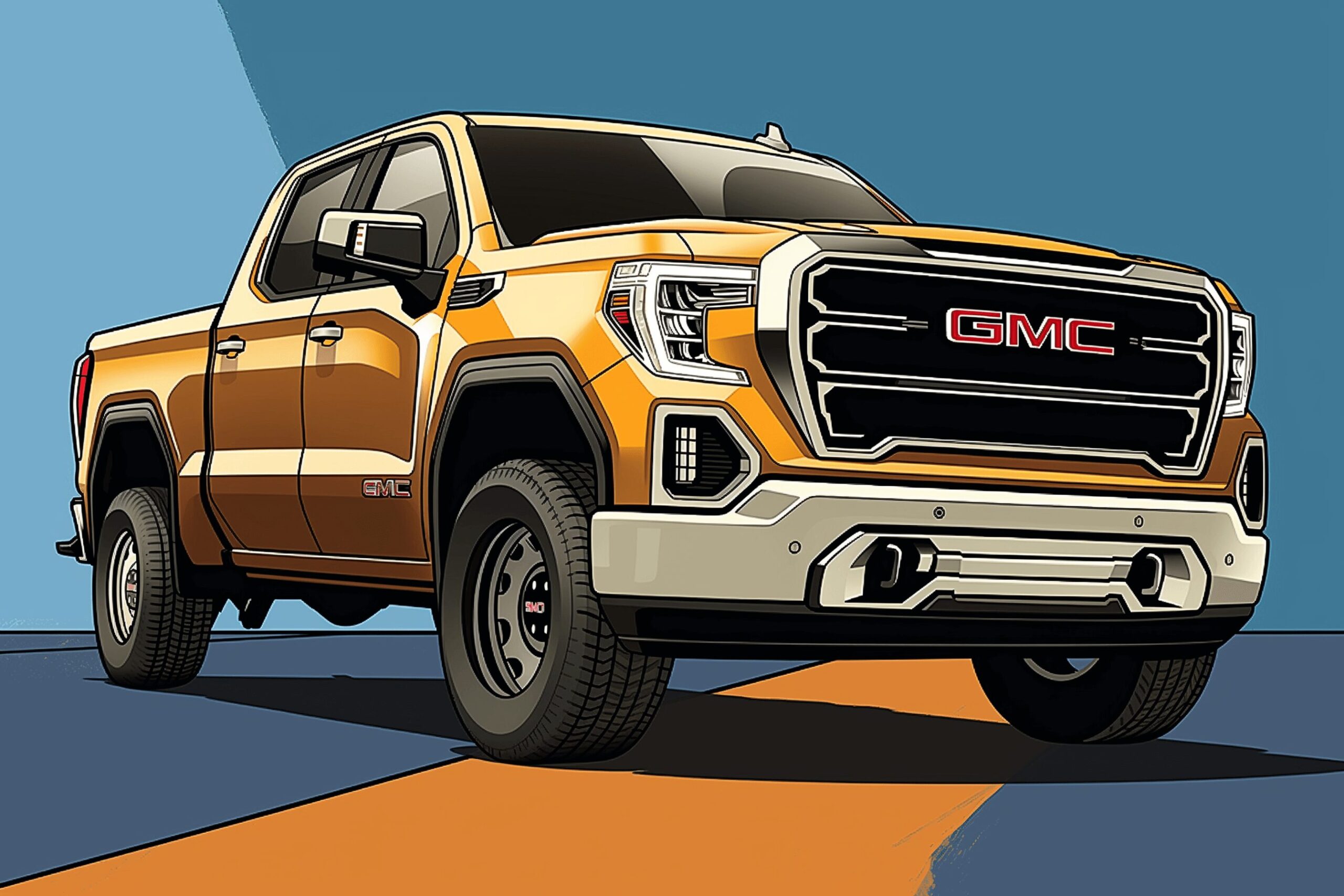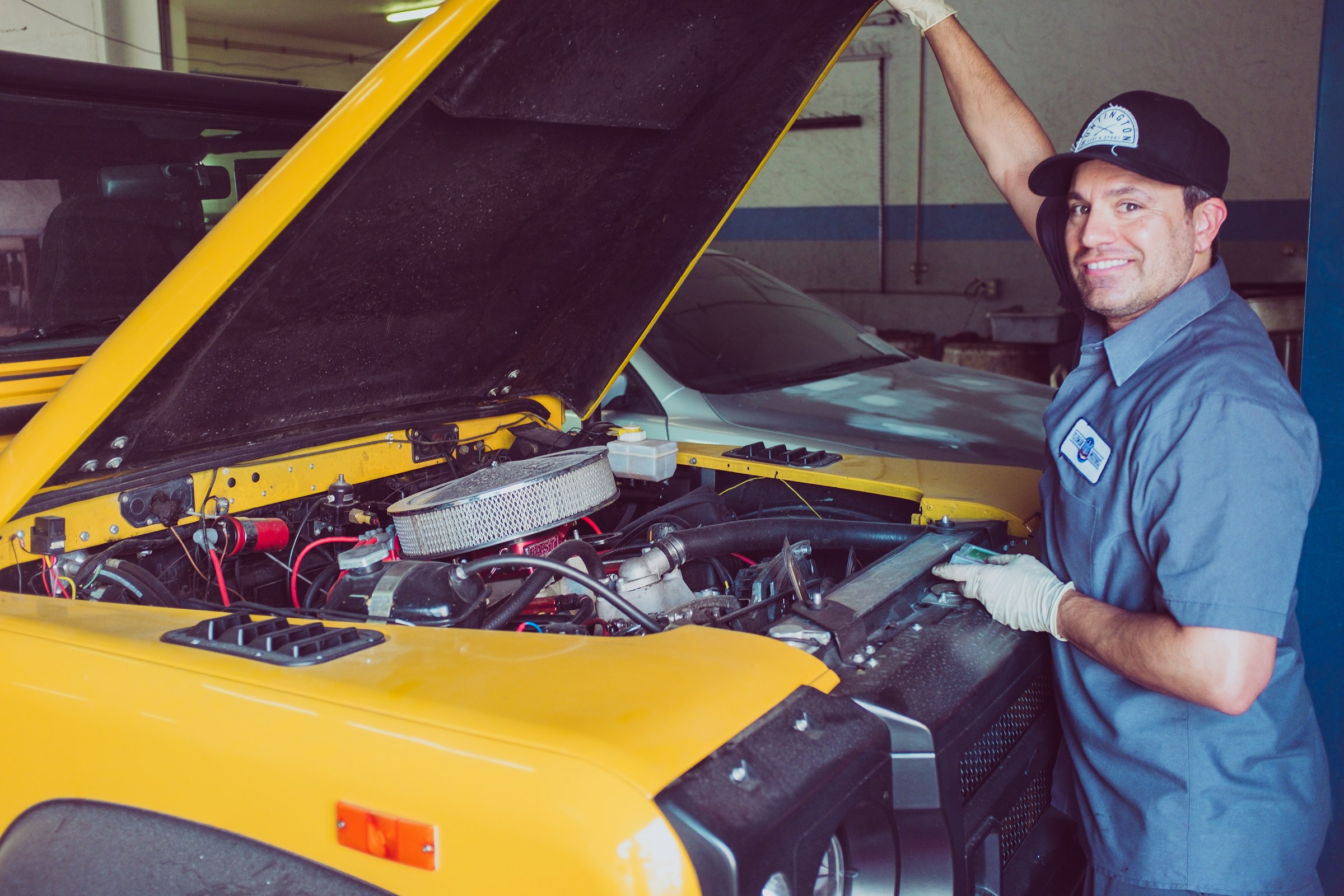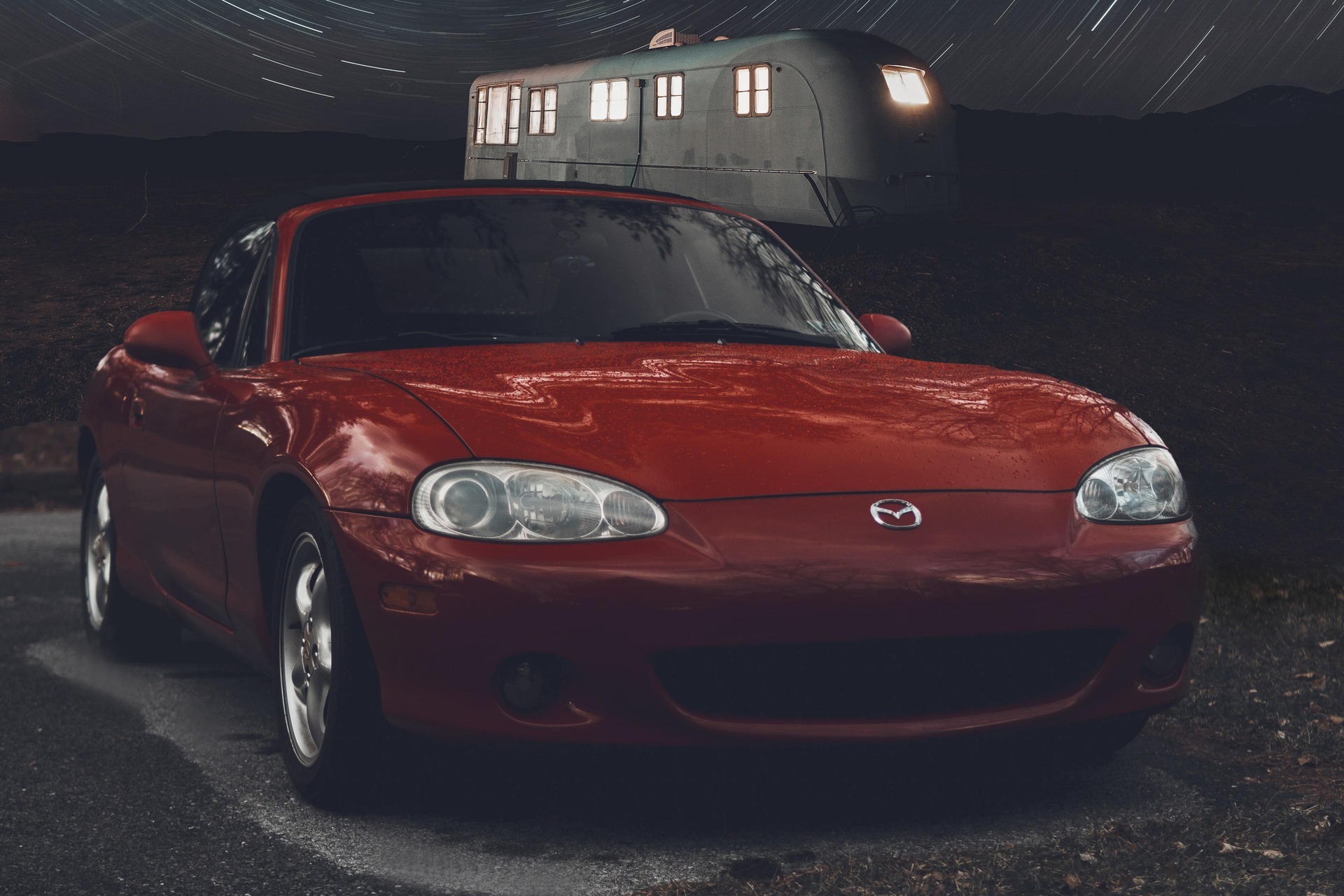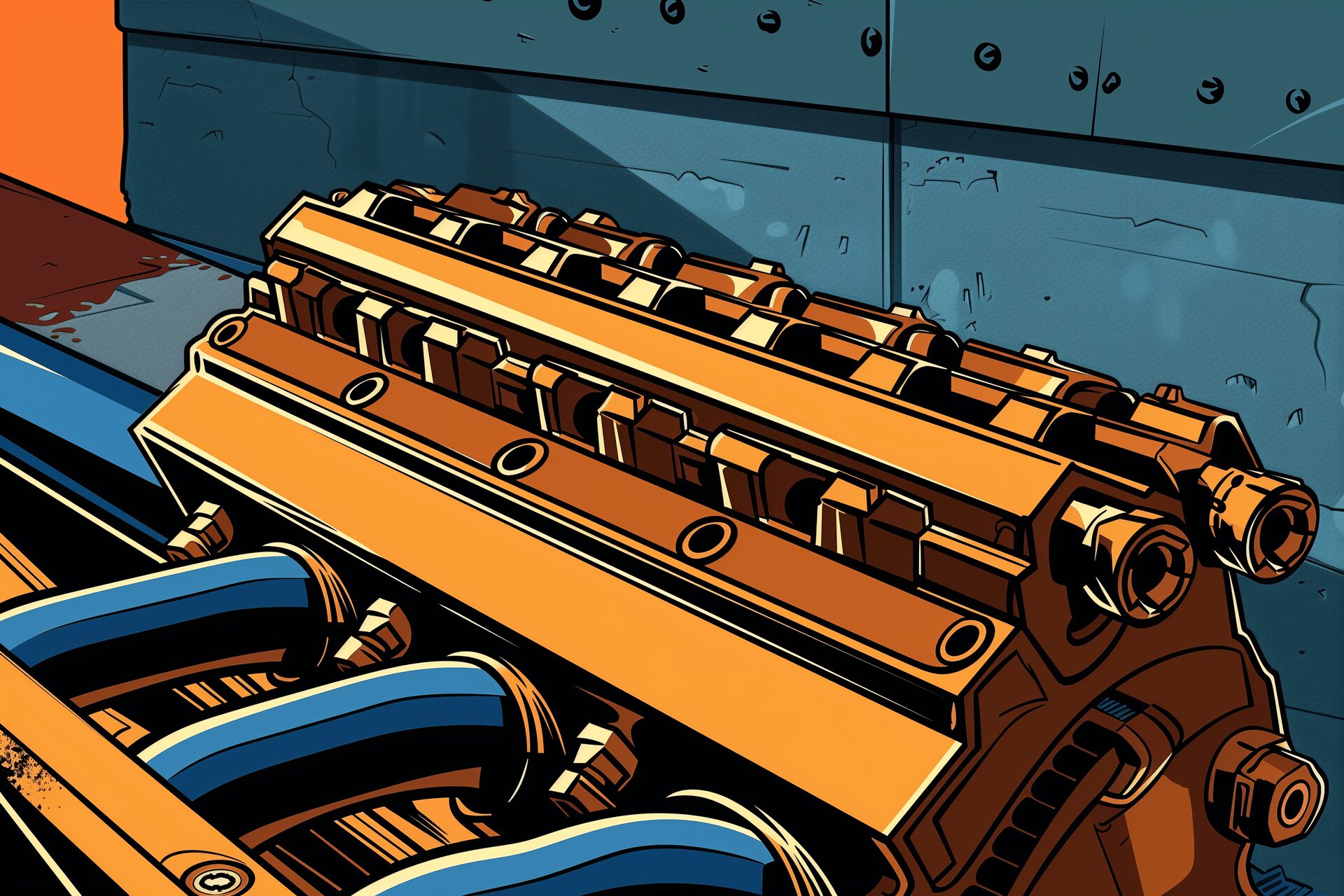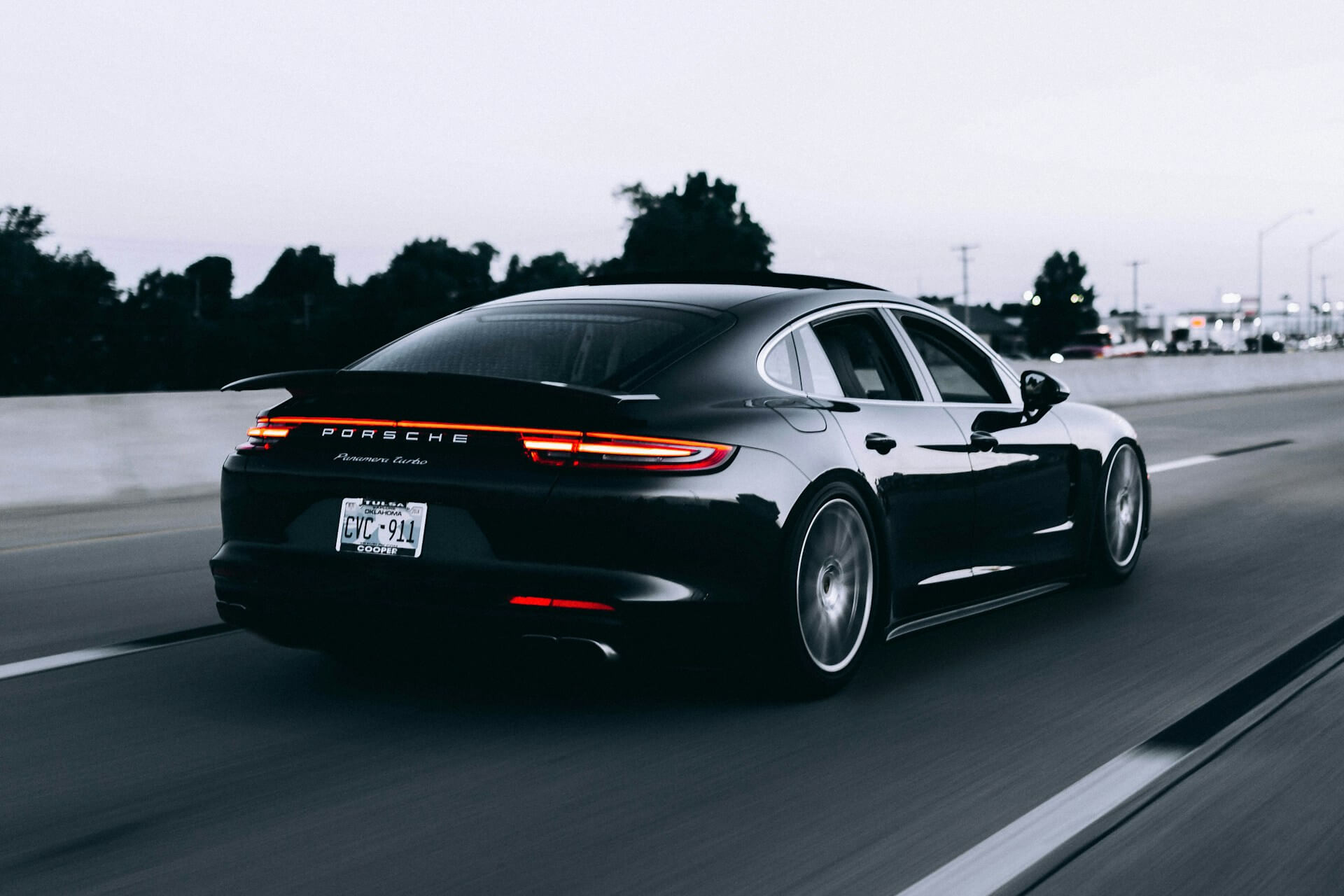What Cars Are Rebadged & Sold in the U.S.?
Nov 23, 2019
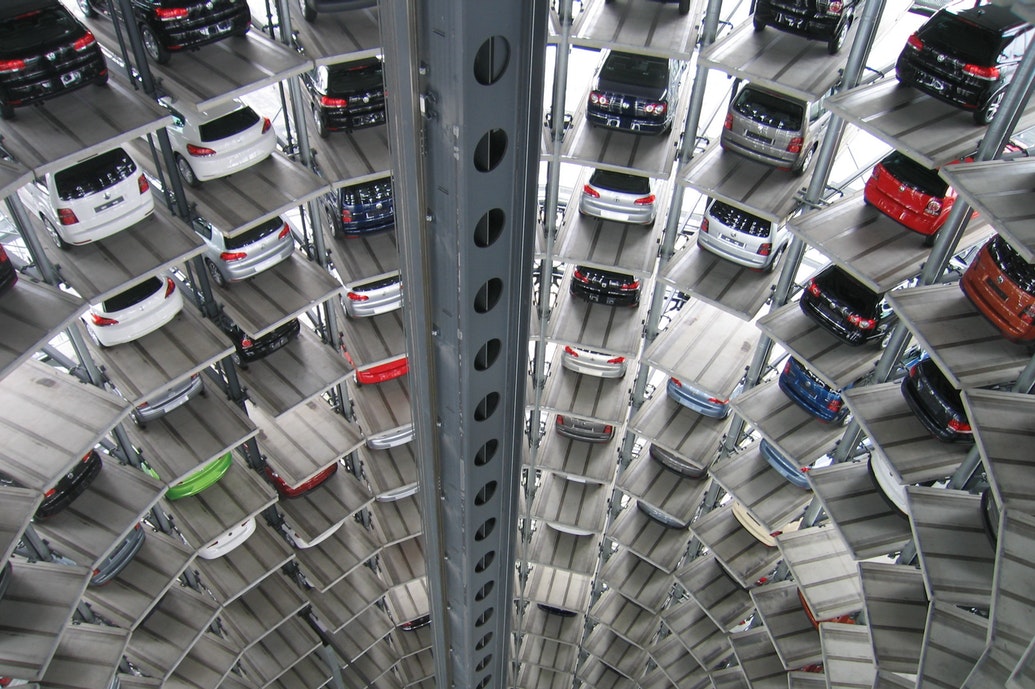
As an Amazon Associate, Modded gets commissions for purchases made through links in this post.
When you visualize your dream vehicle, what comes to mind? Maybe it’s a Ford Mustang, Chevy Camaro or other iconic sports car.
What most don’t know is their favorite car might be a rebadged version of a similar model. What is rebadging, and where can you find these cars in the U.S.?
What is Rebadging?
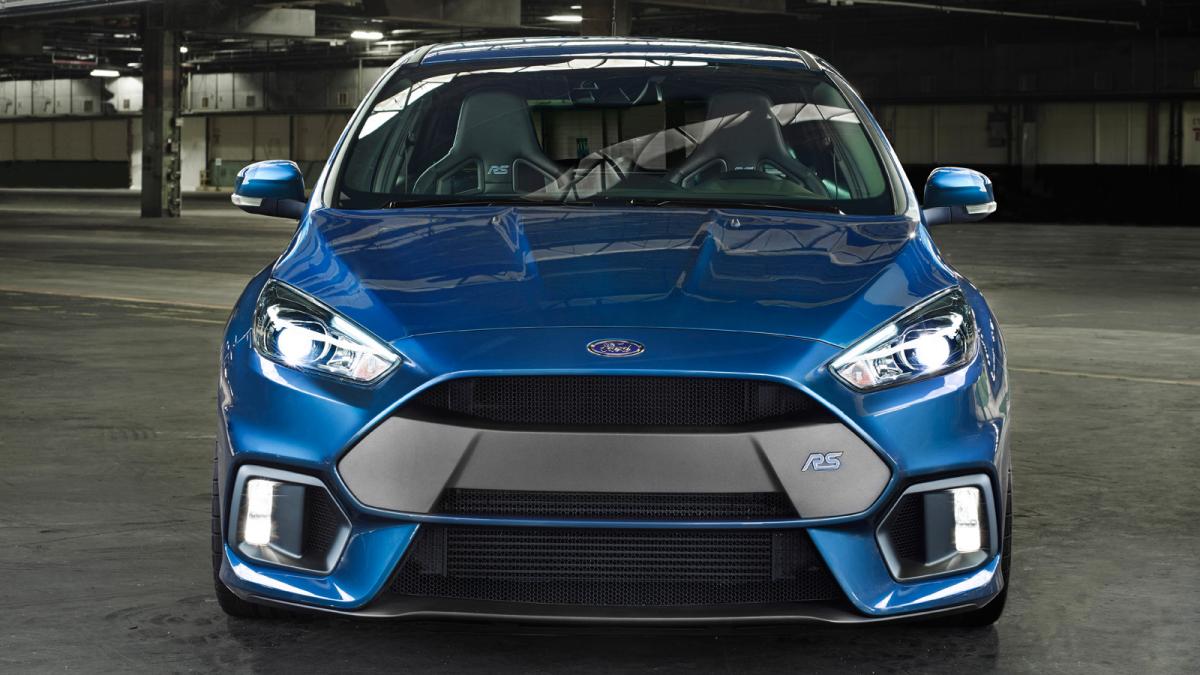
Rebadging, also called badge engineering, is a practice where manufacturers slap their branding on an existing product, rather than build one from scratch. Businesses do this to meet market needs and bolster sales.
This practice might be as simple as swapping out the logo. Some jobs, however, require optimizations — though they’re purely cosmetic.
Badge engineering happens more often than people think, especially between sister brands. Consider the Ford Crown Victoria, Lincoln Towncar and Mercury Marquis — they’re all the same car under different brands.
Your favorite make and model might be a badge-engineered option from another manufacturer. Let’s take a peek at some of the most common cars that have been rebadged in the U.S.
Commonly Rebadged Models in the U.S.
Where can you find rebadged cars in the US? What cars are twins or triplets?
If you’re a fan of the fifth-generation Pontiac GTO, which came out between 2004 and 2006, you actually like the rebadged Holden Monaro. Pontiac didn’t want to rework a factory to create the GTO. Instead, they took the Monaro and slapped their badge on it.
What other cars made your list? The Holden Commodore, Pontiac G8, Lumina SS, Chevy Caprice and Chevy SS are all rebadged versions of the same vehicle.
When Honda was trying to boost their standing in the US auto market, they turned to the Passport SUV. Yet this car wasn’t a Honda, not in the early years. Instead, it was a badge-engineered Izuzu Rodeo. When the Passport took off, Honda decided to make their own SUV.
Similarly, the ’90s Dodge Stealth wasn’t a Dodge at all. The company brought in Mitsubishi 3000GT’s from Japan and slapped the Dodge horns on. As a result, they made bank on Japanese engineering.
Everyone loves the Honda Accord. Yet when Honda brought the European version of the Accord to the states, they rebadged it as the Acura TSX.
The Chevy Camaro shared a chassis with the Firebird originally. In the mid-1990s, the Chrysler Conquest started as a rebadged Mitsubishi Starion. Even the Cadillac XLR is just a Chevy Corvette with different body panels.
Badge engineering happened a lot in the past. The few rebadged models that exist today tend to look dramatically different. The Toyota Highlander and Lexus RX, for example, might share a chassis and engine, but everything else is changed.
When Rebadging Goes Wrong
When you hear Alfa Romeo, you probably think the height of luxury. Yet that wasn’t always the case, especially when the brand tried badge engineering. While struggling to stay afloat, the Alfa chose to repackage the Renault Dauphine, a rear-engine vehicle with 32 horsepower. In Italy, consumers considered it a practical sedan. Elsewhere, not so much. The last survivor of this car sold at auction for a measly $5,386.
By the late ’80s, both Ford and General Motors reached out to South Korean automakers for penalty box models. GM chose the Daewoo for the Pontiac LeMans. In 2002, Chevy — which is owned by GM — released its version of the Daewoo called the Aveo. The model was phased out shortly after, in 2011.
The Yugo GV was a rebadged version of a model that was already badge-engineered. Confused yet? 1987 saw the U.S. launch of the Serbian Zastava Koral, a variant of the Fiat 127 from 1971. In 1992, the Yugo left the U.S. and became a European hit. In fact, it remained in production until 2008.
Badge engineering doesn’t always work out favorably for manufacturers. However, reliable rebranded models are an excellent choice for car buyers.
Looking for a Car? Consider a Rebadged Model
Rebadging has been part of the automotive industry for decades. Initially, it was something manufacturers did to get more models on the road. They also used the practice to test new vehicles before setting up shop.
Today, there isn’t much call for this trend, though you’ll occasionally find a rebadged option.
Are you looking for a vehicle? In 2019, average new car prices were up nearly 4% year-over-year. To save money, ask dealers what cars have been rebadged. Check out less popular brands, such as a Saturn Aura instead of a Chevy Malibu or a Chrysler Town and Country instead of a Dodge Caravan. This trick won’t always work, especially if you have specific tastes. However, it can be a useful tool for those hunting down a new daily driver.
Don’t need a new car? No worries! Rebadging is still an exciting concept with fascinating origins. Learn about more tricks manufacturers use to boost sales.

